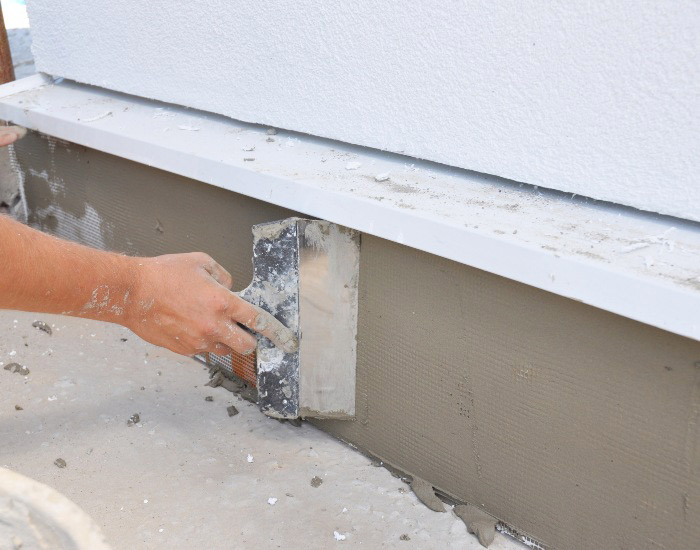Understanding Your Home Foundation: A Guide for Green Bay Homeowners
Understanding Your Home Foundation: A Guide for Green Bay Homeowners

Your home’s foundation is a vital structural component, providing stability and strength to the rest of the house. For homeowners in Green Bay, understanding the different home foundation types and their characteristics can help you identify which one you have. This, in turn, may reveal its weaknesses so you can take the necessary measures to improve basement drainage and waterproofing.
Types of Home Foundations
- Poured concrete slab foundations, or slab-on-grade, comprise a thick layer of concrete poured directly onto the ground. This type of foundation is cost-effective and quick to install, making it a popular choice in areas without severe freeze-thaw cycles. A significant drawback is the difficulty in accessing water and drainage pipes embedded just below the slab. Also, these foundations may not be suitable for Wisconsin, where the ground freezes and thaws frequently.
- Crawl space foundations elevate the house a few feet off the ground, creating a small space underneath. This space typically houses utilities like plumbing and electrical systems. While crawl spaces provide extra storage, they require ventilation to prevent moisture build-up, which can lead to mold and structural issues.
- Poured concrete foundations involve pouring concrete into molds to form basement walls. This type of foundation is less prone to leaks and provides excellent pest and fire resistance. However, it’s more expensive and labor-intensive to install. Plus, cracking can still occur if the foundation settles unevenly or is exposed to extreme environmental conditions.
- Wood foundations utilize pressure-treated lumber designed to resist pests and decay. These foundations are lighter, quicker to install, and more energy-efficient than traditional concrete foundations. However, the cost is often higher, and moisture and insect damage may occur if not constructed and maintained correctly.
- Stone foundations, often found in older homes, consist of stones held together with mortar. They have a unique, historical charm but require proper maintenance to prevent water leakage and structural issues.
- Concrete masonry unit (CMU) foundations, or cinder blocks, consist of hollow concrete blocks reinforced with steel and filled with mortar. They are less expensive than poured concrete and offer flexibility in construction. However, CMU foundations are labor-intensive and require additional waterproofing and insulation.
- Concrete panel foundations are made of precast concrete sections with built-in insulation, making them quick to install. However, they can be prone to moisture issues, mold growth, and structural damage if not sealed properly.
- Below-grade insulated concrete forms (ICFs) consist of interlocking foam blocks filled with concrete, creating an energy-efficient and robust foundation wall. They are particularly effective in extreme weather conditions, offering resistance to fire, wind, and earthquakes. However, the cost is higher than traditional methods.
Everdry Waterproofing has proudly served the Greater Green Bay area for over 40 years. Our top-notch basement waterproofing and foundation repair solutions are 100% effective, ensuring your home stays dry and safe, no matter your home foundation type. We offer unbeatable value due to being the largest waterproofer in the nation, plus unbeatable service due to being locally owned and operated. Call us at 920-364-0967 for a free inspection, and we’ll put our expertise to work for you!
